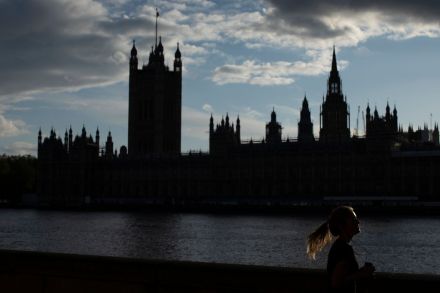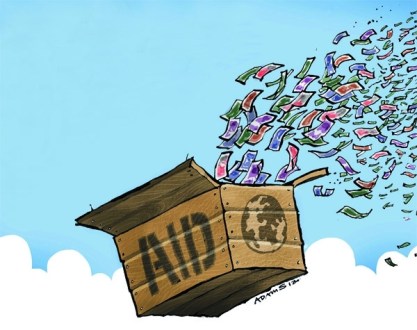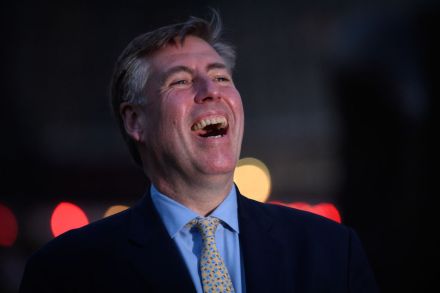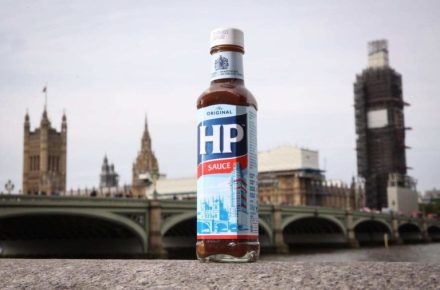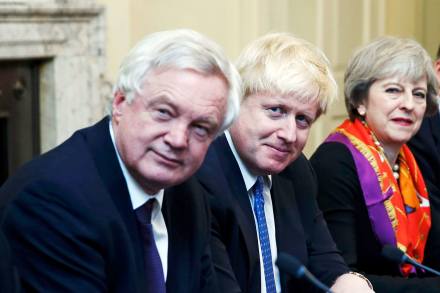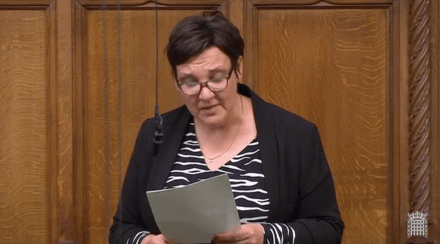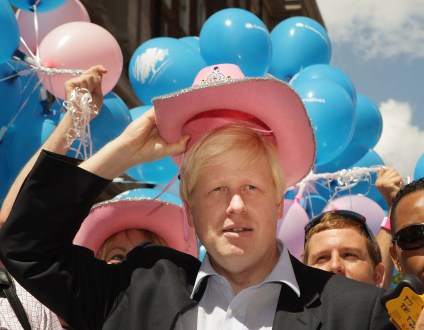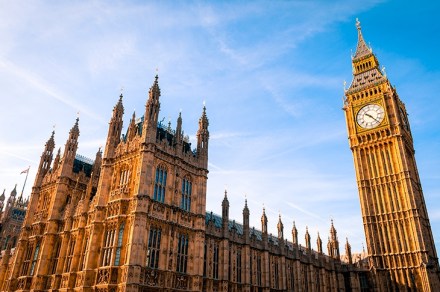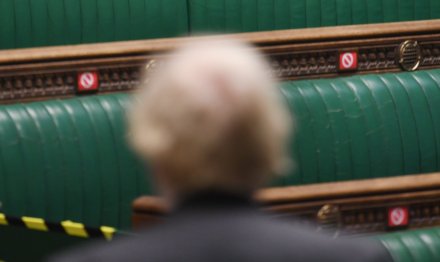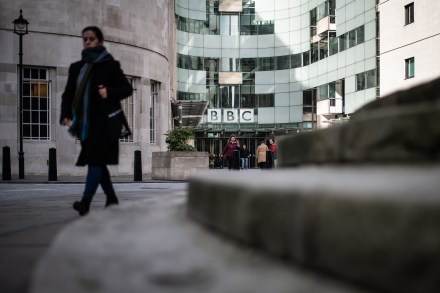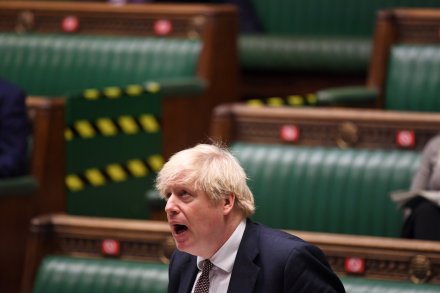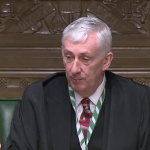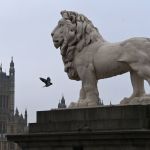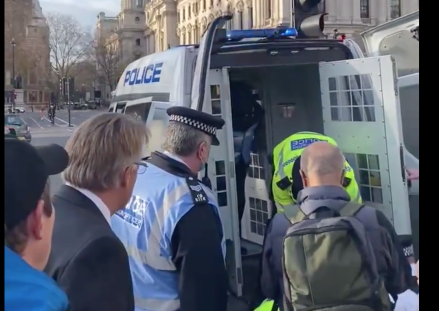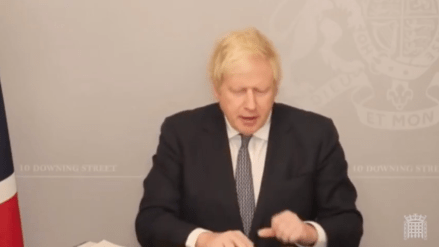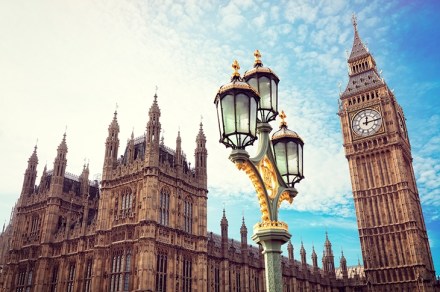A ‘Zoom parliament’ is bad for democracy
Is the new normal here to stay? For the sake of our parliamentary democracy, let’s hope not. There is little doubt that holding the Government to account has been made harder by the imposition of restrictions during the pandemic. During the Covid crisis, politicians have been too keen to treat parliament as a normal workplace; the truth is that it isn’t and never will be. If ever there was a good excuse for an ‘us versus them’ rule exemption, surely it would have been to honour the public by ensuring scrutiny and pushback against the Government removing people’s liberties so easily. Instead, parliamentary proceedings have taken the hybrid form of in-person and Zoom
